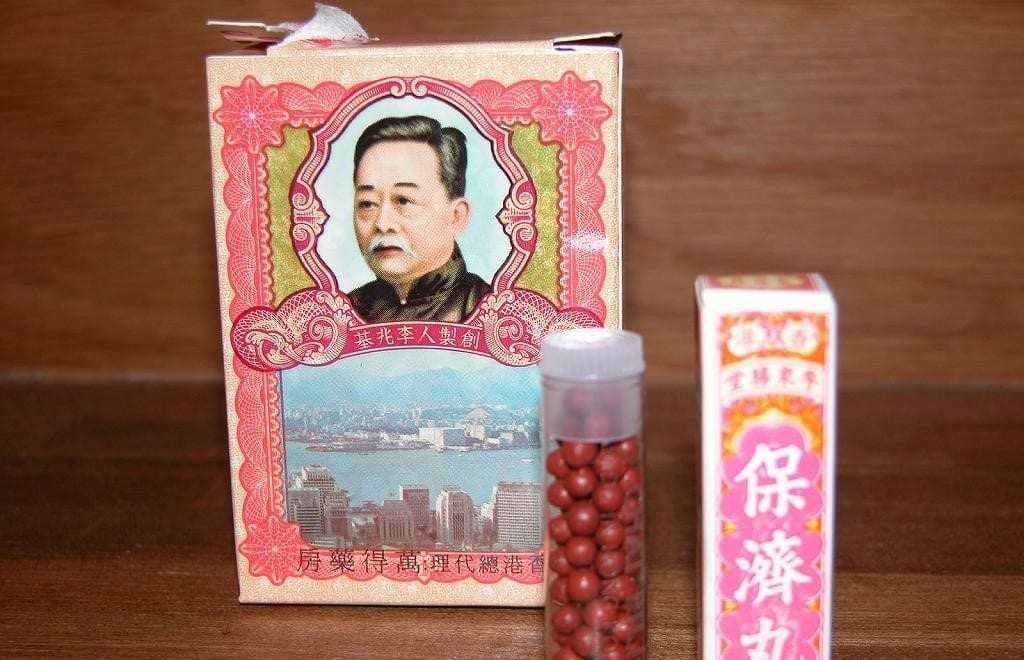

Jacobson Pharma Corp, Hong Kong’s largest generic drug firm and maker of the Po Chai Pills used by generations of the city’s residents, is seeking to raise HK$750 million in an initial public offer.
The company will sell 437.5 million shares at a price range of between HK$1.28 to HK$1.72 per share, 10 per cent of which are reserved for retail investors.
The company opens its book for retail investors on Thursday, requiring a minimum subscription of HK$3,475 for 2,000 shares. A separate tranche reserved for institutional investors had already been fully subscribed, according to people familiar with the plans.
The stock is scheduled to begin trading in Hong Kong on September 21.
Hong Kong residents are familiar with Jacobsen’s Po Chai Pills, tiny pellets made from a herbal remedy that’s used for relieving indigestion and hangovers.
The company, which relies on Hong Kong for 90 per cent of its revenue, also makes the Flying Eagle Woodlok Oil and Tong Tai Chung Woodlok Oil.
Jacobson plans to use 45 per cent of the proceeds from its IPO for acquisitions, including the setting up of ventures, according to its prospectus.
The company plans to expand in Macau, Taiwan, Vietnam, and Southeast Asia, said Jacobson;s chairman and chief executive Derek Sum. The company also plans to expand to several provinces in southern China, where there is a familiarity with its brand.
“We expect to become a leading brand in Asian Pacific region,” Sum said.
Net profit rose 34 per cent to HK$152.7 million in the year ended March 31, while total sales increased 14 per cent to HK$1.08 billion, according to Jacobson’s prospectus.
Generic drug sales made up 87.2 per cent of the company’s revenue for the year, while proprietary herbal medicines such as Po Chai Pills, made up only 12.8 per cent of total revenue.
China’s drug regulator in May approved over the counter sales of Po Chai Pills, allowing them for marketing and sales on the mainland without a doctor’s prescription.
Hong Kong Wing Wah Medicines Group, which has over 30 drug stores in the city, was a cornerstone investor that subscribed HK$80 million of its new shares. Sum expects to see more business synergy with Wing Wah.